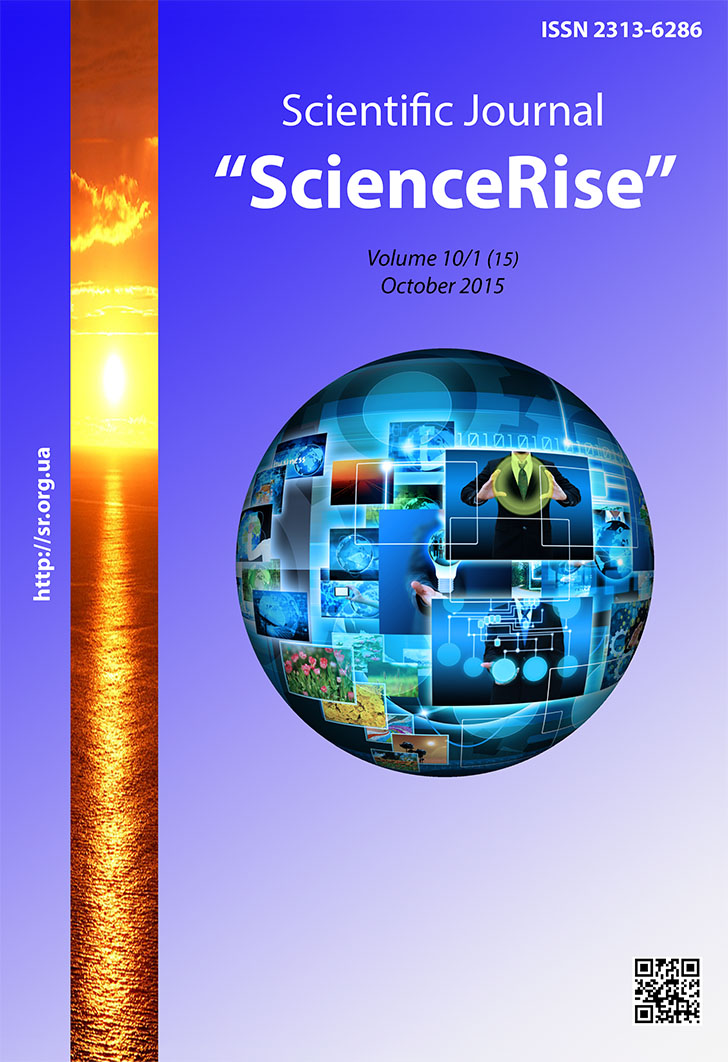Formation of partnership between business and government in the context of business formation in Ukraine
DOI:
https://doi.org/10.15587/2313-8416.2015.51188Keywords:
government, business, partner interaction, economic culture, social management, Ukrainian societyAbstract
The philosophical aspects of mutual coverage of business and government in the context of Ukrainian reality are revealed in the article. The basic models of interaction between business and the state are pluralistic and neo-corporative models. The pluralist model is characterized for activities of the state in the interests of the business class and neo-corporative model implies for the authorities an opportunity to support and strengthen individual businesses, making them authorized representatives of their interests
References
Zombart, V. (2005). Burzhua: k istorii duhovnogo razvitija sovremennogo jekonomicheskogo cheloveka. Vol. 1. Sankt-Peterburg: Vladimir Dal', 480.
Strebkov, A., Daudov, A., Aldaganov, M. (2003). Formirovanie grazhdanskogo obshhestva i mehanizm razreshenija social'nyh i jetnicheskih konfliktov. Sankt-Peterburg: SPbGU, 195.
Chernyshev, S. (2007). Suverennaja derzhava: kak zarabotat' vmeste so stranoj. Moscow: Evropa, 304.
Shumpeter, J. A. (2007). Teorija jekonomicheskogo razvitija. Kapitalizm, socializm i demokratija. Moscow: Jeksmo, 864.
Friedman, M. (1962). Capitalism and freedom. Chicago: University of Chicago Press, 202.
Yefimenko, S. Socio-philosophical analysis of the causes of inactivity in the context of Ukrainian economic ethics. Idei, 5 (15), V, 42–49.
Downloads
Published
Issue
Section
License
Copyright (c) 2015 Сергій Анатолійович Єфіменко

This work is licensed under a Creative Commons Attribution 4.0 International License.
Our journal abides by the Creative Commons CC BY copyright rights and permissions for open access journals.
Authors, who are published in this journal, agree to the following conditions:
1. The authors reserve the right to authorship of the work and pass the first publication right of this work to the journal under the terms of a Creative Commons CC BY, which allows others to freely distribute the published research with the obligatory reference to the authors of the original work and the first publication of the work in this journal.
2. The authors have the right to conclude separate supplement agreements that relate to non-exclusive work distribution in the form in which it has been published by the journal (for example, to upload the work to the online storage of the journal or publish it as part of a monograph), provided that the reference to the first publication of the work in this journal is included.

